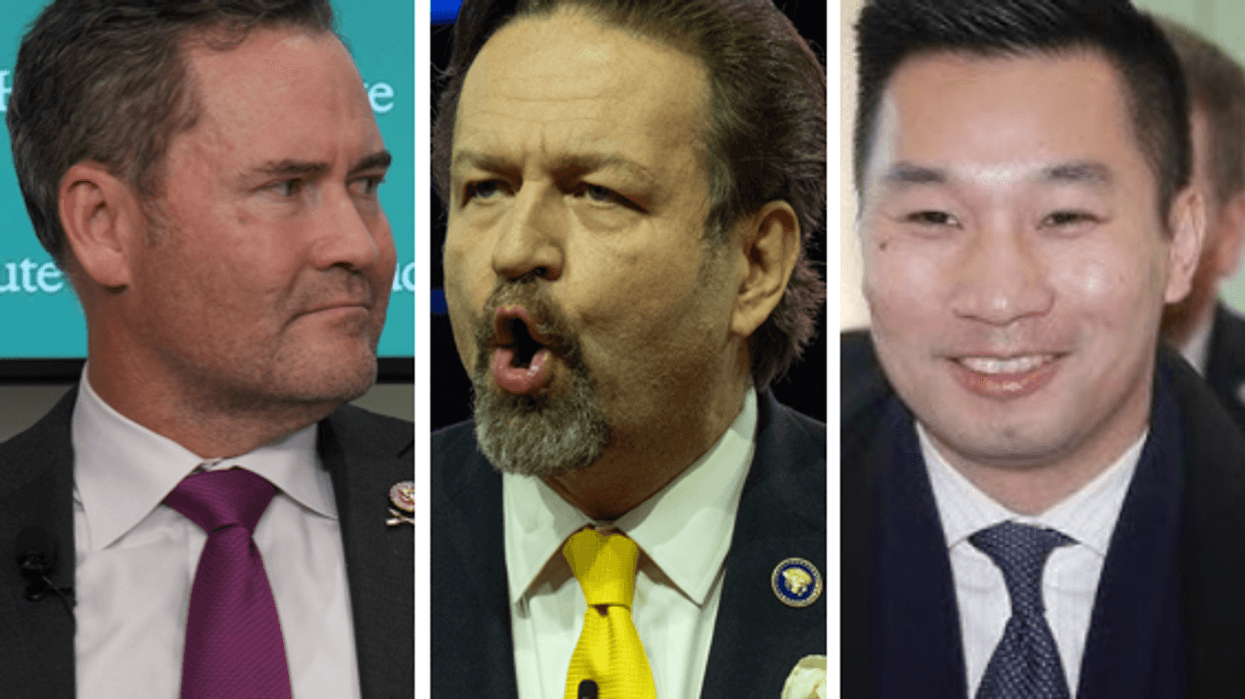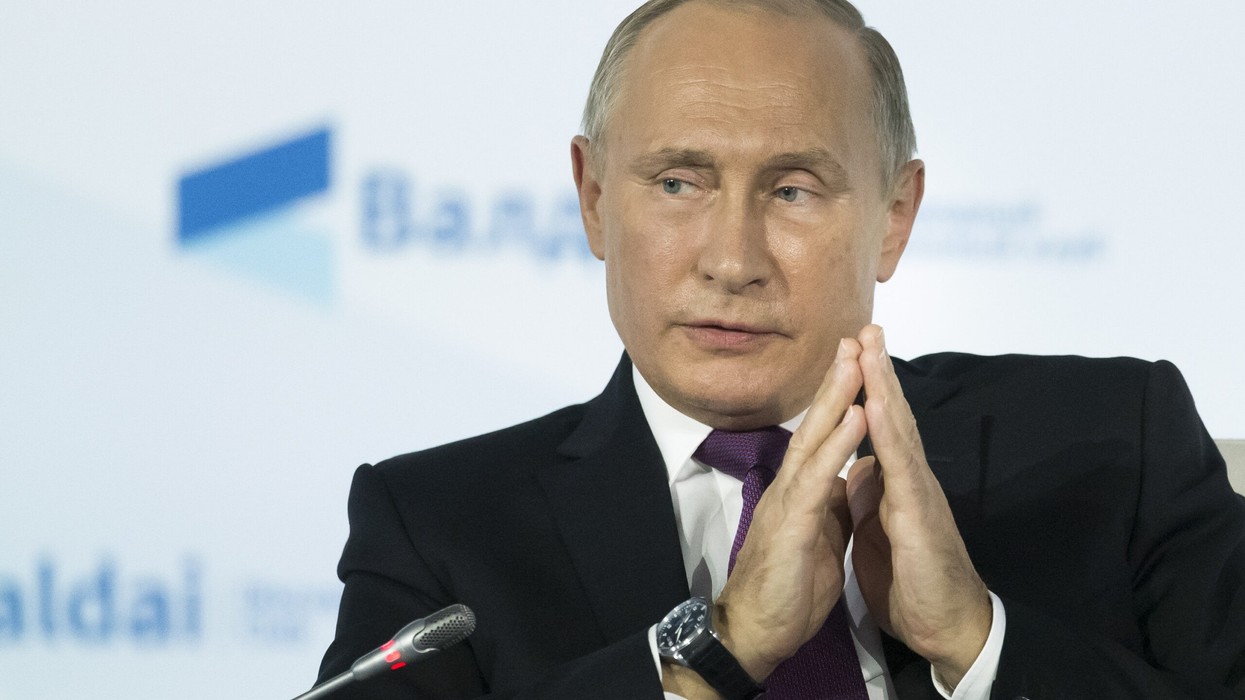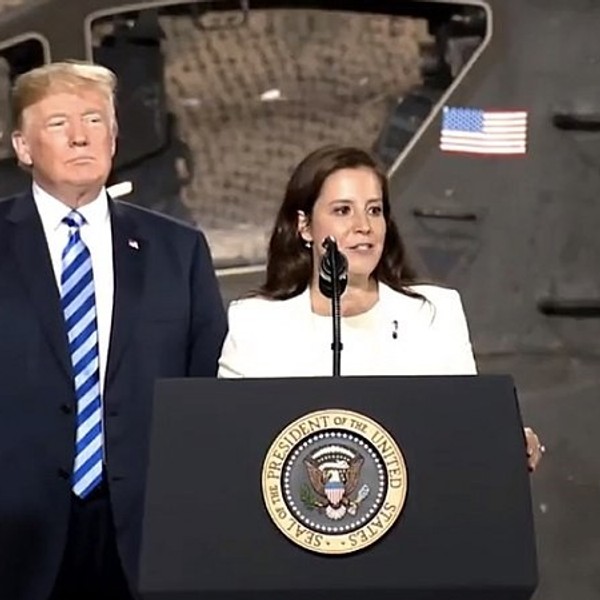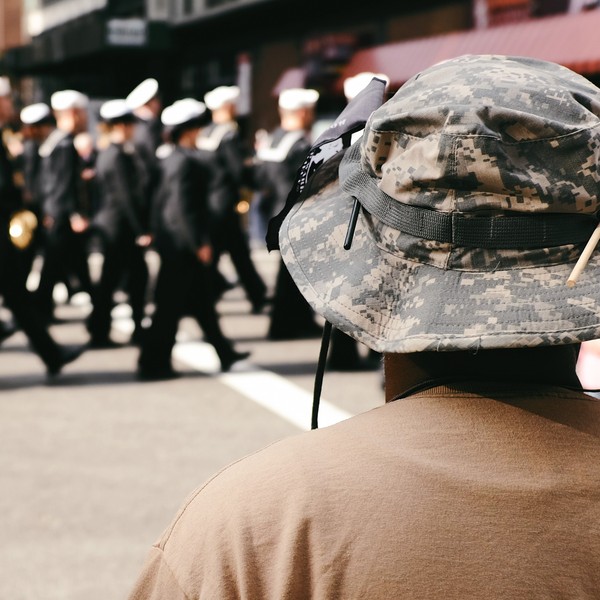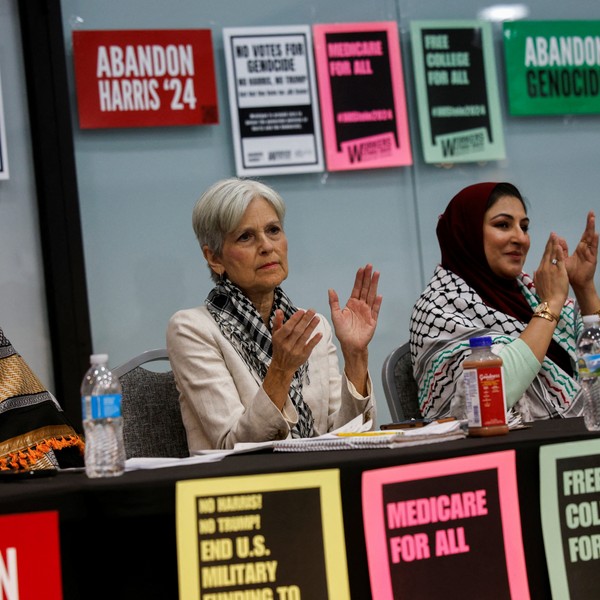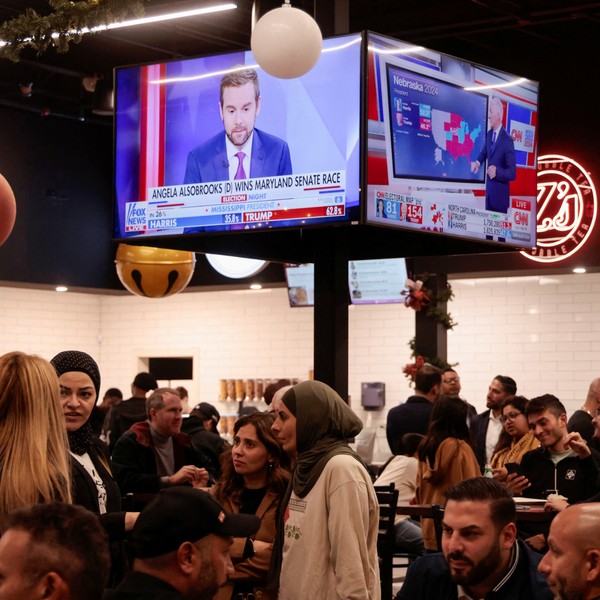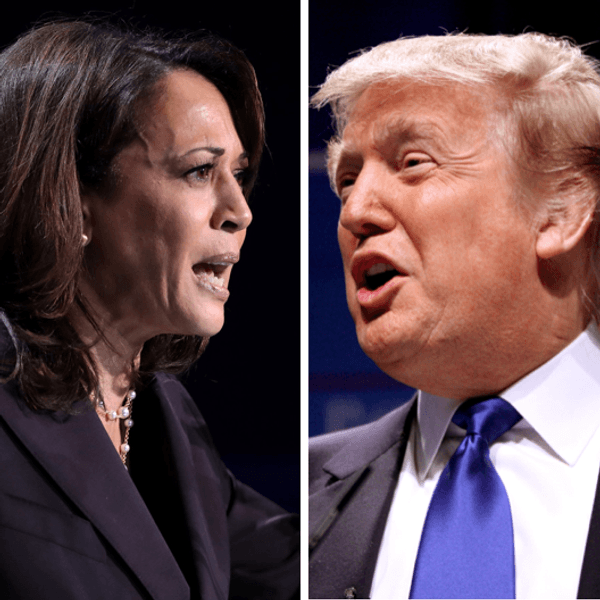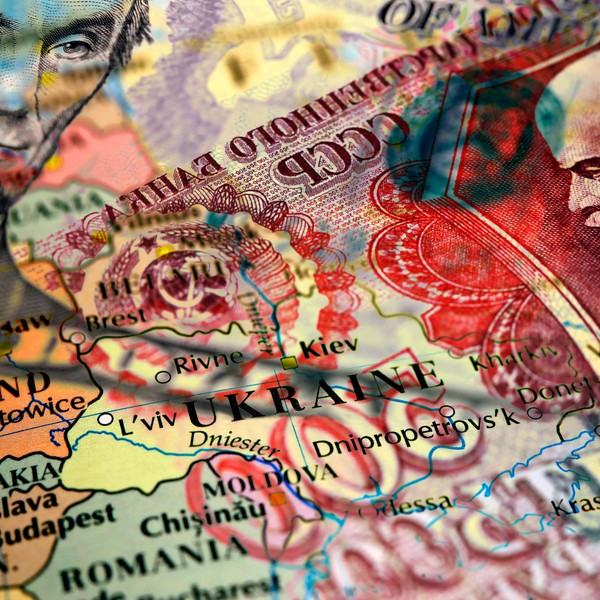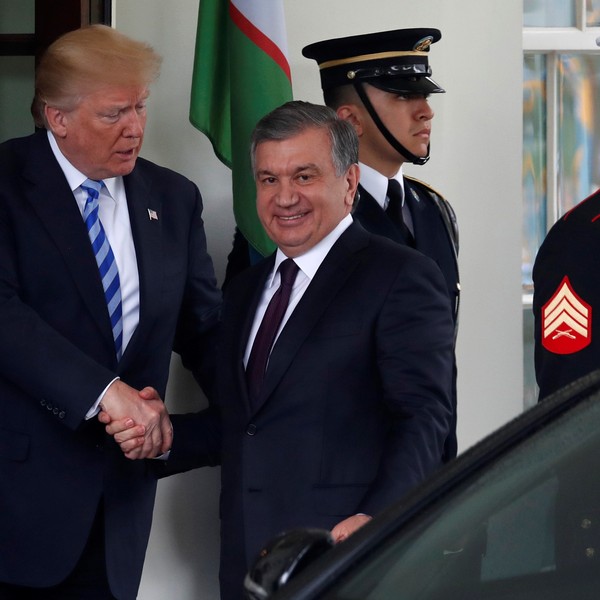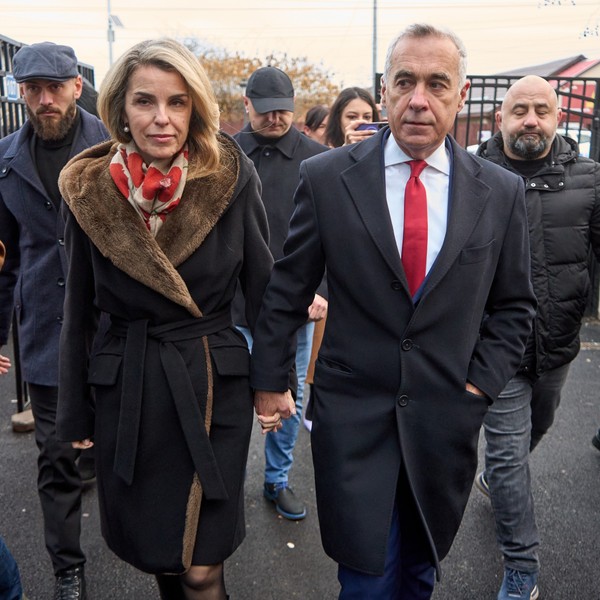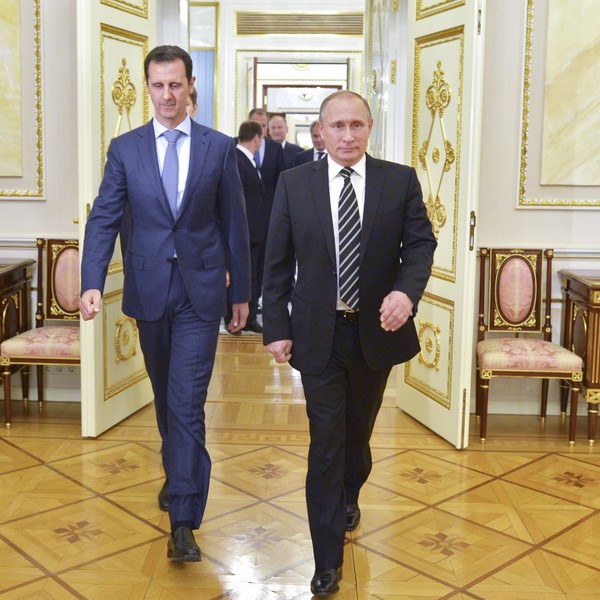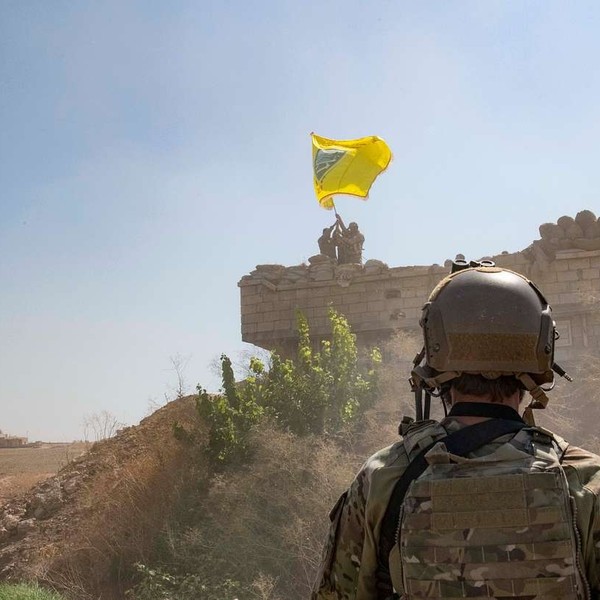The choice of Kevin Rudd as Australia’s ambassador to Washington no doubt speaks to the importance Canberra attaches to its ties with the United States. A former prime minister, Rudd is considered not only one of the more prominent politicians in Australia but also an internationally recognized figure, having been previously named as a potential candidate for UN secretary general.
A fluent Mandarin speaker, he is also considered one of the West’s leading experts on China, and hence his new role also speaks to the importance his country attaches to a stable relationship between Washington and Beijing.
He alluded precisely to this role immediately following his meeting with President Joe Biden on April 19 when he officially presented his credentials as ambassador.
“…[T]he challenge and responsibility of friends and allies of the United States, and those who have long-standing partnerships with China,” he said, “is to work with both governments to see what we can do to assist in the stabilisation of the U.S.-China relationship as well.”
While such statements owe partly to Rudd’s personal ambitions, they also reflect the foreign policy doctrine of the Labour government of Prime Minister Anthony Albanese that he now serves.
This doctrine has been underscored repeatedly by Canberra’s foreign minister, Penny Wong, who has warned of the catastrophic consequences of a regional flare-up between Washington and Beijing. More recently, Wong emphasized that her government’s approach was to establish “strategic equilibrium” in the region free from domination by any single power.
This approach stands in sharp contrast to that taken by the former Liberal government. Among other moves that were considered hostile by Beijing, the government headed by former Prime Minister Scott Morrison concluded the controversial AUKUS agreement, which grants Canberra access to U.S. and British nuclear submarine technology, and joined the so-called Quad, a four-member group with the U.S., Japan, and India. Both groups are seen by Beijing as key parts of a larger U.S. strategy to contain and counter Chinese influence in the Indo-Pacific region.
Senior officials from that government also committed to joining Washington in a future war with Beijing over Taiwan.
Since taking power, the Labour government has tried to reassure the Biden administration that Canberra remains committed to both AUKUS and the Quad — indeed, Albanese will be hosting the next Quad summit meeting in Sydney May 24. The White House has confirmed that Biden will be taking part after he attends the G7 summit in Japan.
But the new government has also made clear it respects China’s “red lines,” particularly regarding Taiwan.
In an interview with Bloomberg last year, Canberra’s defense minister, Richard Marles, unequivocally stated that his country does not support Taiwan’s independence and remains firmly committed to the One-China policy.
More recently, Marles underscored that his country has not given any commitments to the U.S. that it would take part in a potential war with China over Taiwan.
“The Labour government is taking a much more nuanced approach,” John Coyne, an analyst at the Australian Strategic Policy Institute, told Responsible Statecraft. The current government’s China policy is “less hawkish, notwithstanding the bilateral commitment on issues pertaining to security and sovereignty.”
It is in this context that Rudd’s appointment takes on particular significance. While he has openly voiced concern about China’s increased assertiveness and “wolf warrior diplomacy” under President Xi Jinping, even warning of the possibility of Beijing’s use of force to take Taiwan, he has sharply criticized the previous government’s hard line and escalatory rhetoric.
But Rudd has been a consistent advocate for stabilizing ties with China, an approach consistent with that of his government and one Canberra may hope to export to Washington as well.
This is important given Washington’s own militarist tendencies and the bipartisan rise of Sinophobia, particularly in the U.S. Congress.
Earlier this year, a senior U.S. Air Force general predicted that a war with China would erupt over Taiwan as early as 2025. Foreign Minister Wong has warned against what she has called the “frenzied discussions” that give rise to such predictions.
“When Penny Wong calls for avoiding conflict, I believe that these calls are directed more at Washington,” said Allan Behm of the Australia Institute in an interview with Responsible Statecraft. “The United States has a tendency to resort to conflict and they are not very good at it,” he adds, referring to U.S.-led wars in the Middle East.
Given these factors, it appears that a major part of Rudd’s mandate is to keep the American side rational. As a former prime minister and well-known global figure with widely recognized expertise in China, he is better placed than others in both understanding and enjoying access to the inner councils of the U.S. foreign policy establishment.
“Having someone like Rudd in Washington will at least keep the Australian government well-informed of what is going on there,” says Behm.
His taking up residence in Washington is particularly well-timed in light of the reduction in tensions between Canberra and Beijing since the Labour government took office. The improved relations have already yielded tangible benefits, as China has eased tough trade restrictions it had imposed on Australia as a result of the previous government’s hard line.
Indeed, some prominent Chinese officials have hinted at the possibility of Australia playing the role of go-between with the U.S. in order to reduce tensions between the Western-led bloc and China. Last December, one senior Chinese diplomat, Fu Ying, commented that Canberra could serve as a “bridge between East and West.”
More recently, similar sentiments have been voiced by senior officials from regional countries. During a recent visit to Australia, Singapore’s foreign minister said that Australia was well-positioned to assist in stabilizing the region amid the growing tension between Washington and Beijing.
If so, Kevin Rudd will likely play a key role.
If you are interested in this issue, tune in to"What Role Will Australia Play in U.S.-China Competition?" — a special online discussion on Monday 5/8 at 6 p.m. EST, featuring Bec Strating, Hugh White, Sam Roggeveen, and the Quincy Institute's Sarang Shidore. Link here.

